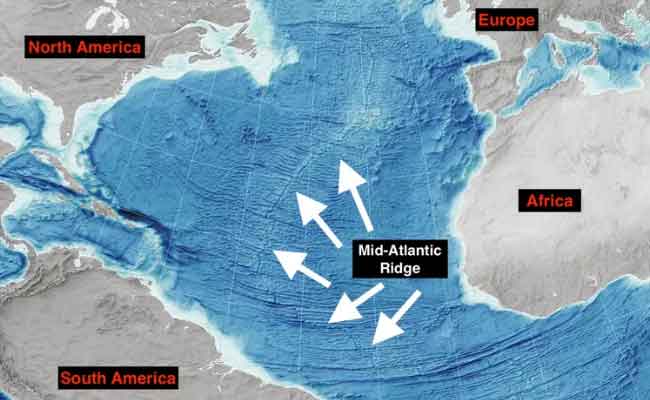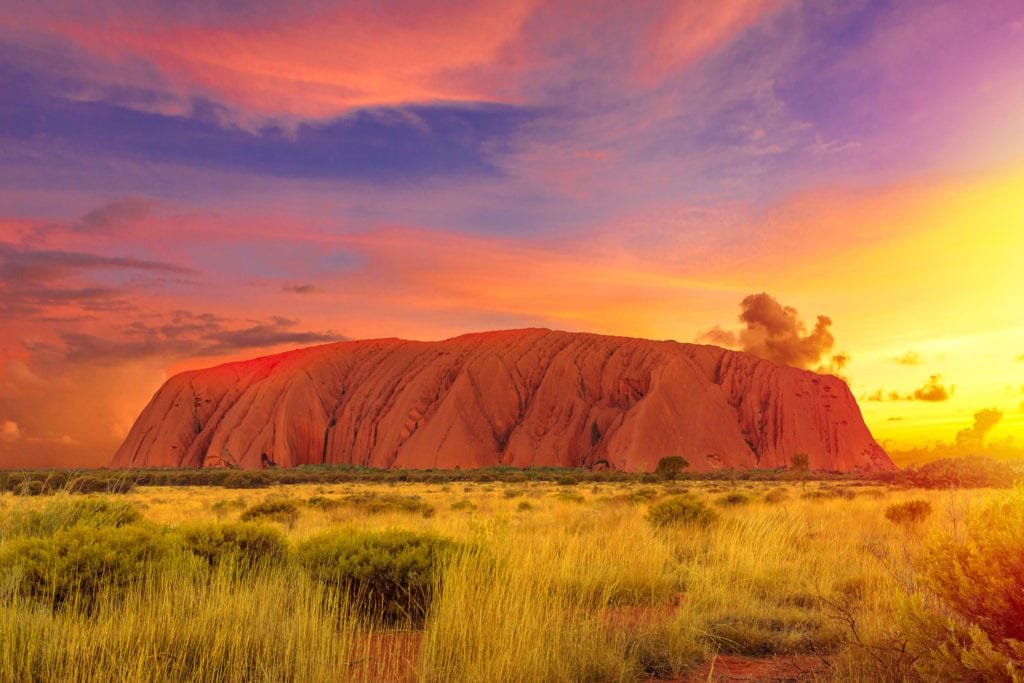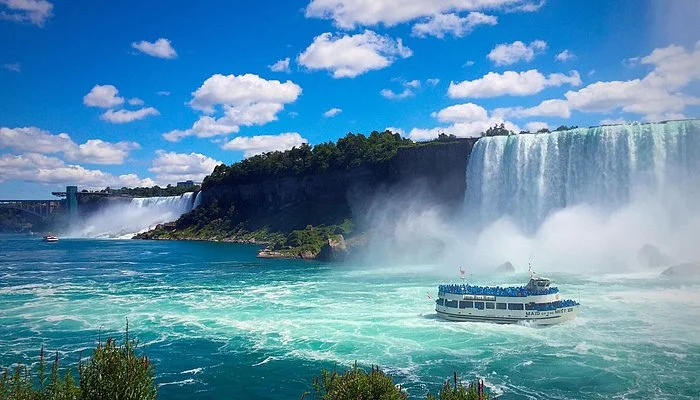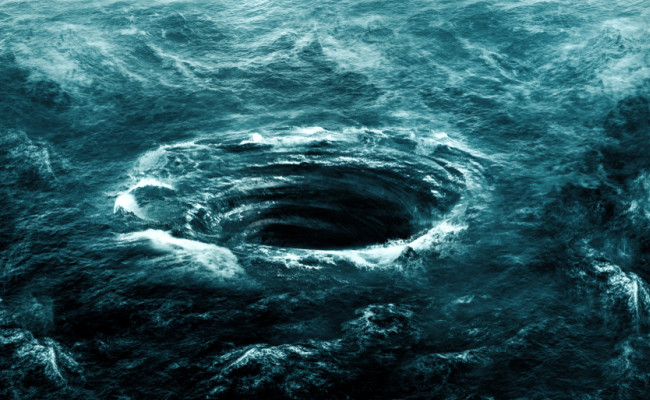The Atlantic: A Vast and Diverse Body of Water
The Atlantic Ocean is the second largest ocean on Earth, covering an area of over 41 million square miles. It stretches from the Arctic Ocean in the north to the Southern Ocean in the south and is bounded by the Americas to the west and Europe and Africa to the east. The Atlantic is a vast and diverse body of water that has played a crucial role in shaping the history, culture, and economy of the regions it touches.
Geography and Climate
The Atlantic is characterized by its deep blue waters and wide range of ocean currents. The ocean is divided into two major basins, the North Atlantic and the South Atlantic, separated by the equator. The North Atlantic is known for its harsh weather and rough seas, while the South Atlantic is generally calmer and warmer. The Gulf Stream, a powerful ocean current, carries warm water from the Gulf of Mexico up the East Coast of the United States and across the Atlantic towards Europe, moderating the climate of coastal regions along the way.
The Atlantic is home to a wide variety of marine life, including whales, dolphins, sharks, and a vast array of fish species. The ocean is also home to numerous islands, including Bermuda, the Azores, and the Canary Islands, as well as the Caribbean islands and the Falkland Islands.
History and Culture
The Atlantic has been a vital part of human history and culture for thousands of years. The ocean was a key factor in the development of the transatlantic slave trade, which brought millions of enslaved Africans to the Americas. It was also a major battleground during World War II, with Allied and Axis powers fighting for control of the Atlantic to gain access to critical supply routes.
Today, the Atlantic continues to play a significant role in global trade and transportation. The ocean is home to some of the busiest shipping lanes in the world, with thousands of ships crossing the Atlantic every day. It is also a popular destination for tourism, with millions of people visiting coastal regions and islands along the Atlantic each year.
Environmental Concerns
Despite its vastness, the Atlantic is facing a range of environmental challenges. Overfishing, pollution, and climate change are all having a significant impact on the health of the ocean and its ecosystems. Fish populations are declining, and coral reefs and other important marine habitats are under threat.
In recent years, there has been growing awareness of the need to protect the Atlantic and its marine life. Governments, environmental organizations, and local communities are working together to implement conservation measures and promote sustainable fishing practices. Efforts are also underway to reduce plastic pollution and other forms of marine debris that are harming wildlife and damaging ecosystems.
Conclusion
The Atlantic is a vast and complex ocean that has played a critical role in the history, culture, and economy of the regions it touches. While facing a range of environmental challenges, the Atlantic remains a vital resource for millions of people around the world. By working together to protect and preserve the ocean, we can ensure that it continues to thrive for generations to come.
![]()





